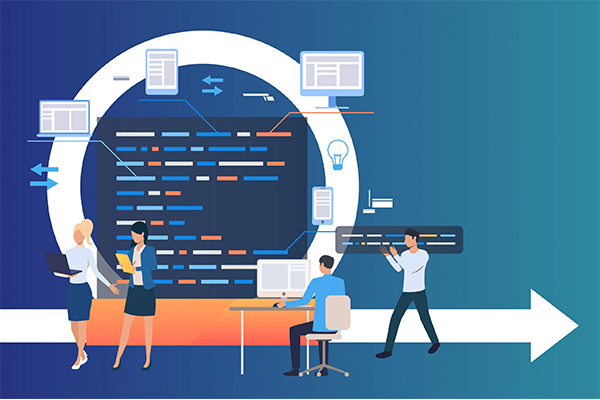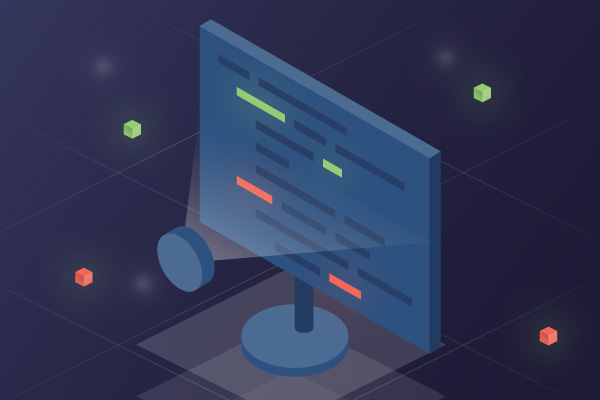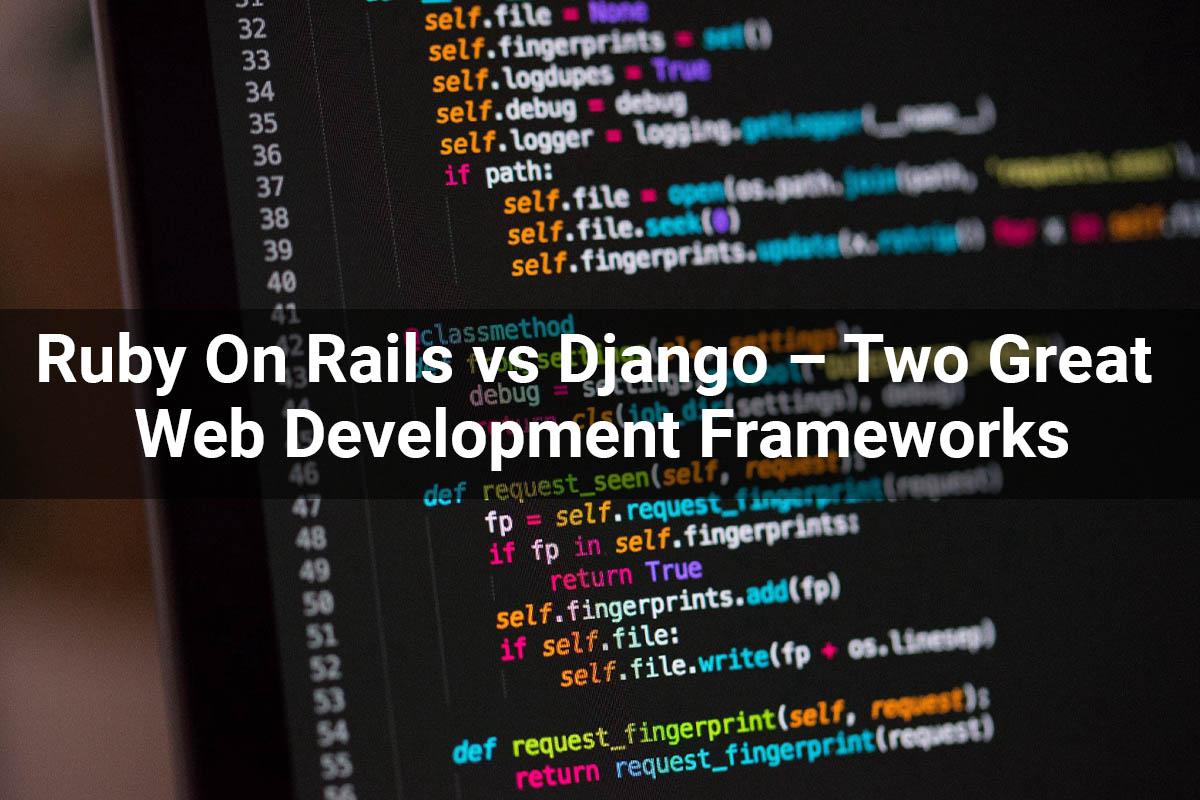Ruby On Rails vs Django – Two Great Web Development Frameworks
Ruby on Rails vs Django is the best and most famous web development framework out there. How do you pick the right one for your new project? The programming language similarities for Ruby On Rails vs Django, both are object-oriented and dynamically typed and their performance, which is specific for each project. If you are trying to decide among the ruby On Rails vs Django which one is a great choice, here are a few things to keep in mind that will help you make the right choice.
Python has the same level of performance
Ruby and Python have the approximately same level of performance that the differences are noticeable for a typical CRUD app. The distinction for larger applications is high on your priority listing and you want to serve thousands of concurrent users. Then placed it this way, both are good at CPU expensive operations such as image manipulation, and they also can serve thousands of users not blasting performance, but it takes more painting to configure. Ruby and Python a dealing with a massive volume it could be better to consider solutions such as Elixir or Node.js.

Ruby on Rails vs Django makes different language
In terms of syntax, Python was designed to force a good style indents are important, while Ruby was designed to be examined as read the English language giving your programmer as much as possible. You have to create less code in Rails to achieve equal effects to skip the configuration part which is important in Django. Thanks to this, Rails is said to be more magical functions that can happen without strict definitions instead of conventions.

What do both frameworks have in common?
As described Python and Ruby are object-oriented and dynamically typed languages–they are very different languages utilized in architectures like Java in companies. One major difference is Python and Ruby are open-supply, really lively, and sturdy in their respective communities. Its manner that if you stick to using those tools, you’ll not warfare to find answers or information.

What is the Ruby on the Rails?
Written under MIT Licence, Ruby on Rails, as RoR is a server-side, open-source web app framework It is considered a time-saving method for developers to write code. This framework works majorly on two principles – DRY doesn’t repeat yourself and convention over configuration. The former being self-explanatory eliminates the need of doing the same task of coding again and again. While the latter means that the environment you work in, such as systems, libraries, languages, and allows many logical situations by that means you can adapt to them instead of creating your own rules each time, making the whole programming process easier.

Community support and ecosystem
Django is an open-source framework that implying a set of libraries and tools, both paid and free, available for developers. Moreover, the official documentation for Django is more than enough reference in case you need an answer to any problem. Django community has over humans with an extra than ready-made applications technology for builders to use. Ruby on Rails in contrast also has a highly energetic community of people devoted to already contributed a lot of gems with reusable code.

Ruby On Rails vs Django which one is right for you?
Python and Django and Ruby on Rails are the most famous frameworks for web application and development. The speed and performance variations among the two are negligible, with massively popular services constructed on each framework. So why you might choose one over the other? In this article, we explore the advantages, similarities, pros, and cons of those huge crucial frameworks.
Conclusion
Well, it’s quite hard to answer for both frameworks are equally competitive. They both share significant similarities and roles in the various development task. However, choosing one over another depends entirely on your project requirements and development objectives. Are you still struggling to make the best choice for your next web development project? Let Successive technologies take the opportunity to ease things for you. Our experienced software developers have worked on several projects with various technology stacks and delivered robust business solutions. Contact us to get started.








Leave A Comment
You must be logged in to post a comment.